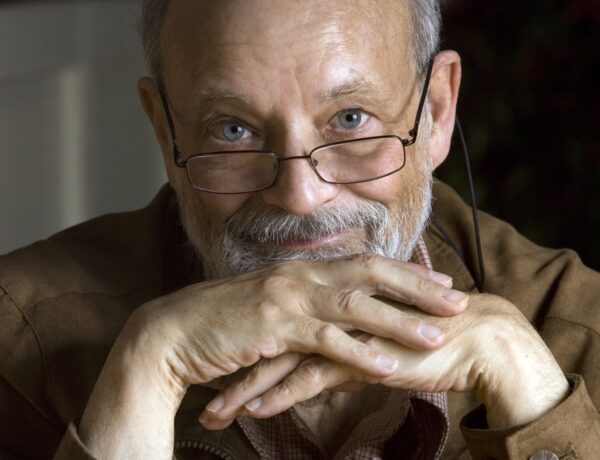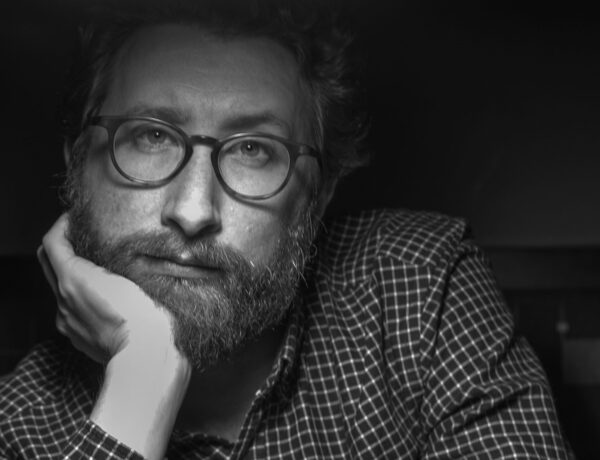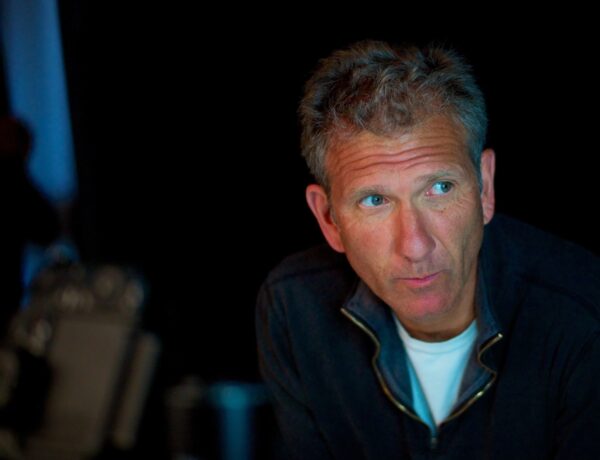Leah Sottile is the author of When the Moon Turns to Blood: Lori Vallow, Chad Daybell and a Story of Murder, Faith and End Times (Twelve).
As a freelance journalist, her features, profiles, investigations and essays have been published by the Washington Post, The New York Times Magazine, Playboy, Rolling Stone, California Sunday Magazine, Outside, The Atlantic and High Country News.
She is the host of the podcasts Burn Wild and Two Minutes Past Nine, produced with the BBC, and the National Magazine Award-nominated series Bundyville. She is an occasional fiction writer and teacher, and lives in Oregon.
Each week, we publish a new daily writing routine from a famous author. Subscribe to our newsletter so you don’t miss out!
Hi Leah! We’re delighted to have you as a guest on Famous Writing Routines. For our readers who may not be familiar with your work, could you please give us a brief introduction to yourself?
My name is Leah Sottile. I’m a freelance investigative journalist covering the western United States, typically on topics of political or religious extremism and fringe cultures. I’m the author of the book When the Moon Turns to Blood, which is about religious extremism and a very sad murder case currently playing out in Idaho. My magazine work appears in publications like High Country News, Rolling Stone and The New York Times Magazine, among others. I’m also the host and reporter behind the podcasts Bundyville, Two Minutes Past Nine and Burn Wild.
When the Moon Turns to Blood is a true crime book, how did you approach the research and storytelling in this book compared to your previous work as a journalist and fiction writer?
While the book is true crime, I find that anyone who reads it realizes it is a long piece of investigative journalism. So the approach to writing is no different than it would be for a long magazine story: it’s a traditional narrative that dips into history in order to properly place a set of current events into the cultural context from which they emerged. The true crime label evokes excessive blood and gore, whereas I think my book is a victim-centered narrative that is more horrified by violence than fascinated by it.
What does a typical writing day look like for you?
It depends: if I’m in the reporting phase of a project, it might mean that I’m taking two to three interviews per day. I tend to do really long interviews, but I find that to be necessary to understand the nuances of any story I’m working on.
When I’m in the writing phase of a project, I have to do anything I can to avoid distractions. I turn my phone off or leave it in a drawer in another room. I keep my email closed. I write lots of drafts of anything I work on, so in the morning I feel like I’m just trying to get words onto a page and clearing the cobwebs from my mind.
I’ll stop writing in the afternoon, sometime around 2 or 3 pm, and then I might pick up a project again in the evening. Anything I’ve written that I’m at all proud of was likely composed in the middle of the night. I just write better when it’s dark outside.
Discover the daily writing habits of authors like Stephen King, Neil Gaiman, and Gillian Flynn with Famous Writing Routines Vol. 1 and learn how to take your writing to the next level. Grab your copy today!
As a host of the podcasts Burn Wild and Two Minutes Past Nine how do you balance the demands of producing a podcast with your writing?
Podcasting is something that I fell into accidentally. I was given an opportunity by Longreads to host their first podcast, Bundyville, based on a series of stories that I wrote, and I’ve continued to work on podcasts for the remaining years.
I think the medium can be really exciting and appeals to a completely different audience than the written stories I work on. But mostly I have taken on podcasting as a way of trying to pull together a living as a full-time writer. The way I’ve made podcasts is the same, basically, as a magazine story or book: lots of reporting, lots of interviews, and then finally combing through those to create scripts that mimic my writing style.
For the past few years, I have always had a podcast, a book and at least one magazine article going at the same time. It can be a bit of a juggling act to keep it all together.
Can you speak to any daily habits or practices that you feel contribute to your success as a writer?
Writing, for me, is a process of constantly trying to insulate myself from distraction. Some days that works, other days it doesn’t. On my best writing days, or weeks, I stay logged off social media. I read a book for an hour or so in the morning — sometimes fiction, sometimes not.
When I’m writing, I tend to listen to a lot of music — I like metal and jazz — and that keeps me focused. Sometimes the music I’m listening to becomes the soundtrack to the project I’m working on, and so each time I sit down at my desk, I will queue up the same record again and again in order to get into the correct headspace.
You have experience as both a journalist and a fiction writer, how do you see these two forms of writing as related or different?
I don’t think they are related, and that’s why I like them. My journalistic work tends to interrogate questions I have about the world, or question systems and why they function the way that they do. My fictional work, which I don’t do often, tends to be a rejection of my regular work: total expression that isn’t beholden to anyone but the characters I create, and the artist inside of me.
Affiliate disclaimer: Some links on this website are affiliate links. We may earn a small commission if you make a purchase through these links, but only promote products we truly believe in. We disclose affiliate links and give honest reviews.



No Comments